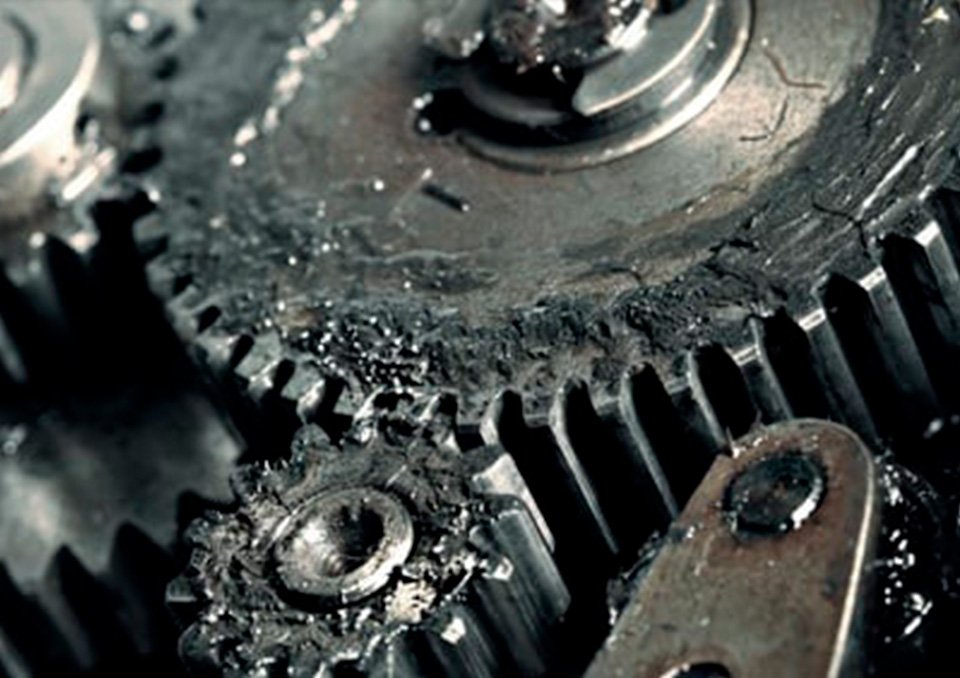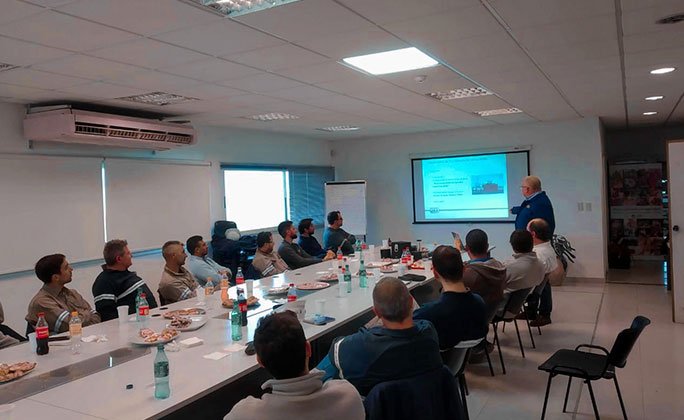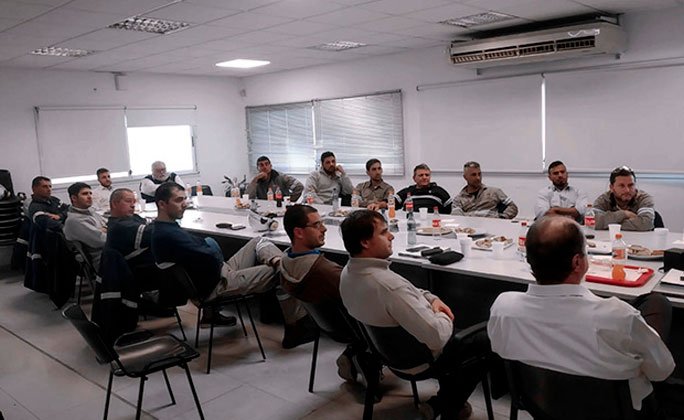The root cause analysis (RCA, according to its acronym), consists of identifying the origin that causes a failure and applying appropriate solutions in order to avoid the repetition of the event, prevent future risks and replicate successes.
This procedure is more effective by systematically preventing and solving underlying problems, rather than just treating recurrent symptoms that slow down processes and multiply problems.
There are four main types of failure analysis, classified according to their severity,
consequences and objectives to be achieved.
In this analysis, a specific application is studied to achieve a substantial improvement
in the performance of the tribological system. The main objectives of this study are:
✔ Optimize the lubrication system
✔ Secure the production mechanism
✔ Improve the operation of machinery
✔ Reduce maintenance costs

The CLP is about the identification based on a survey and quantification of the lubrication points that monopolize the attention of maintenance personnel, both due to their criticality, due to the number of cases that have occurred or due to the ignorance of the consequences that may produce.

The FEMA is about the in-depth study of a failure considered recurrent or "critical", which generates high maintenance costs and conditions the reliability of the mechanism or machinery, which can lead to catastrophic damage to these.
Generally, this study meets all the conditions of the Applied Lubrication Analysis and Lubrication Critical Points.

This method is used when a failure occurs whose category can be critical to catastrophic, generating a high cost of maintenance and production in the plant. It not only requires the identification of all the consequences that produced the
failure, but also, to identify the first one that produced it, that is, its root cause.
During the procedure of these studies, a different series of steps are carried out that can be summarized as:
✔ Optimize machinery lubrication
✔ Successfully identify the fault
✔ Eliminate the cause that produces the failure

“Keys to preventive maintenance”
We offer training on Tribology and Industrial Lubrication to all those who wish to improve their knowledge in this area or seek to identify the problems that cause delays in the production of their machinery.



Consisting in the calculation, generation and implementation of a correct industrial lubrication plan according to the needs of each factory.

We offer dedicated, specific and special analyzes for different determinations or critical equipment.